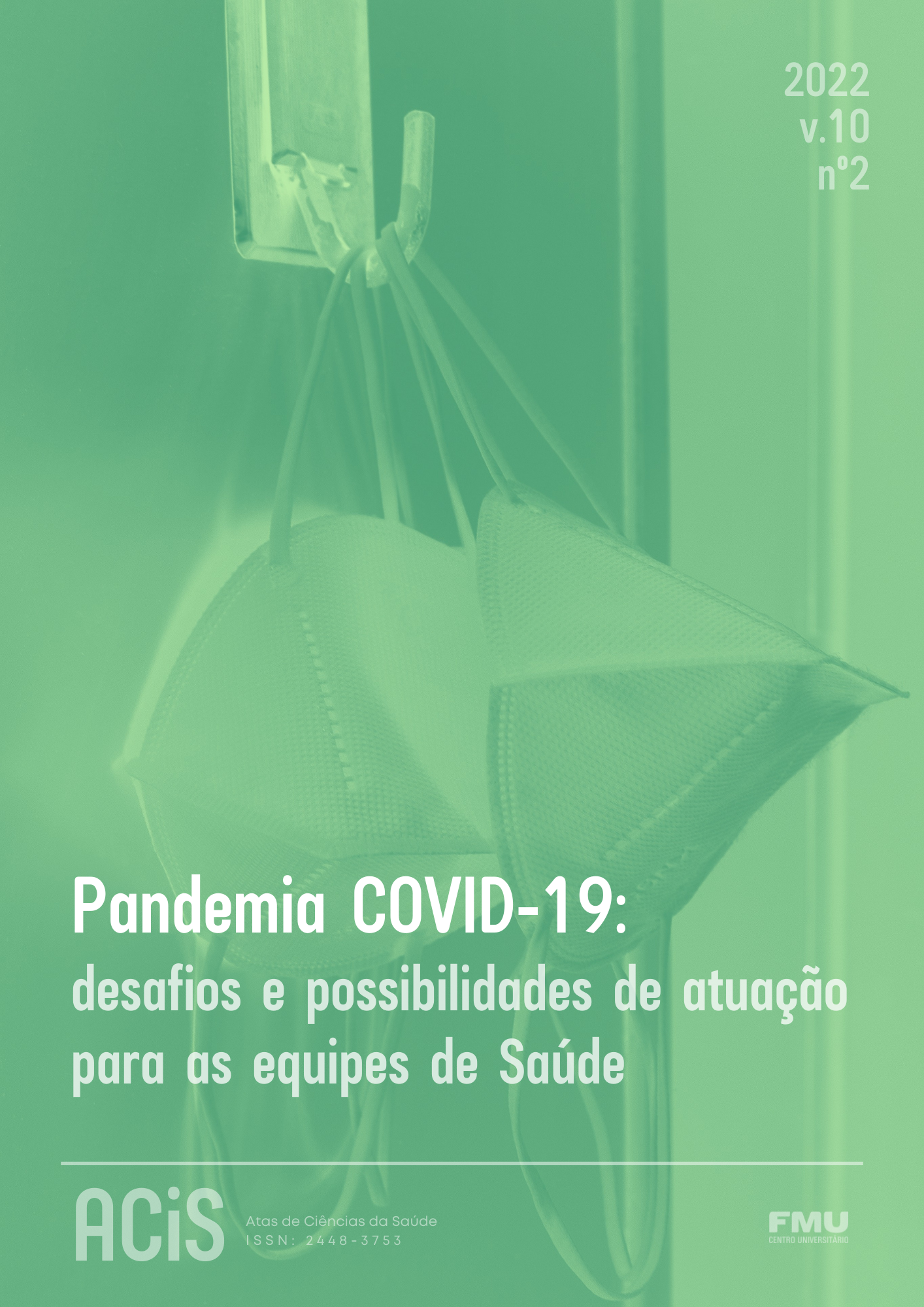The importance of the empathy program to develop soft skills in undergraduate students
Abstract
Abstract: This is a study based on an experience report in which we highlight the importance of the empathy program in the development of soft skill in health students more and more higher education institutions have sought ways to develop effective measures aimed at communicative skills of students. Therefore, the objective of this work was to present activities that provided the development of non-technical skills, the so-called soft skills, contributing to the formation of differentiated professionals in the labor market and generating qualified assistance and rapid insertion in the labor market. It is an experience report work in with it was possible to associate literature data with the results of the participants of the empathy and humanization program, the results of each proposed activity were presented, associating research carried out in May and June which met to the research object. As a result of this experience, we evidenced the importance in the contribution of interpersonal relationships by better preparing students to deal with emotional conflicts, adopting attitudes more favorable to their resolution, based on coping strategies and emotional regulation, needs currently recommended in university students. We conclude with this study how important it is to stimulate the development of non-technical skills in undergraduate students in the, health area, since all technical skills are already developed in the classroom and practice environments, in addition to a need in the process f training at present.
Descriptors: empathy, health, social skills
Downloads
Published
Issue
Section
License
Copyright (c) 2022 Mirtes Cristina Perrechi, Sandra Maria Holanda de Mendonça

This work is licensed under a Creative Commons Attribution-NonCommercial 4.0 International License.
Autores que publicam nesta revista concordam com os seguintes termos:
- Autores mantém os direitos autorais e concedem à revista o direito de primeira publicação, com o trabalho simultaneamente licenciado sob a Licença Creative Commons Attribution que permite o compartilhamento do trabalho com reconhecimento da autoria e publicação inicial nesta revista.
- Autores têm autorização para assumir contratos adicionais separadamente, para distribuição não-exclusiva da versão do trabalho publicada nesta revista (ex.: publicar em repositório institucional ou como capítulo de livro), com reconhecimento de autoria e publicação inicial nesta revista.
- Autores têm permissão e são estimulados a publicar e distribuir seu trabalho online (ex.: em repositórios institucionais ou na sua página pessoal) a qualquer ponto antes ou durante o processo editorial, já que isso pode gerar alterações produtivas, bem como aumentar o impacto e a citação do trabalho publicado (Veja O Efeito do Acesso Livre).





